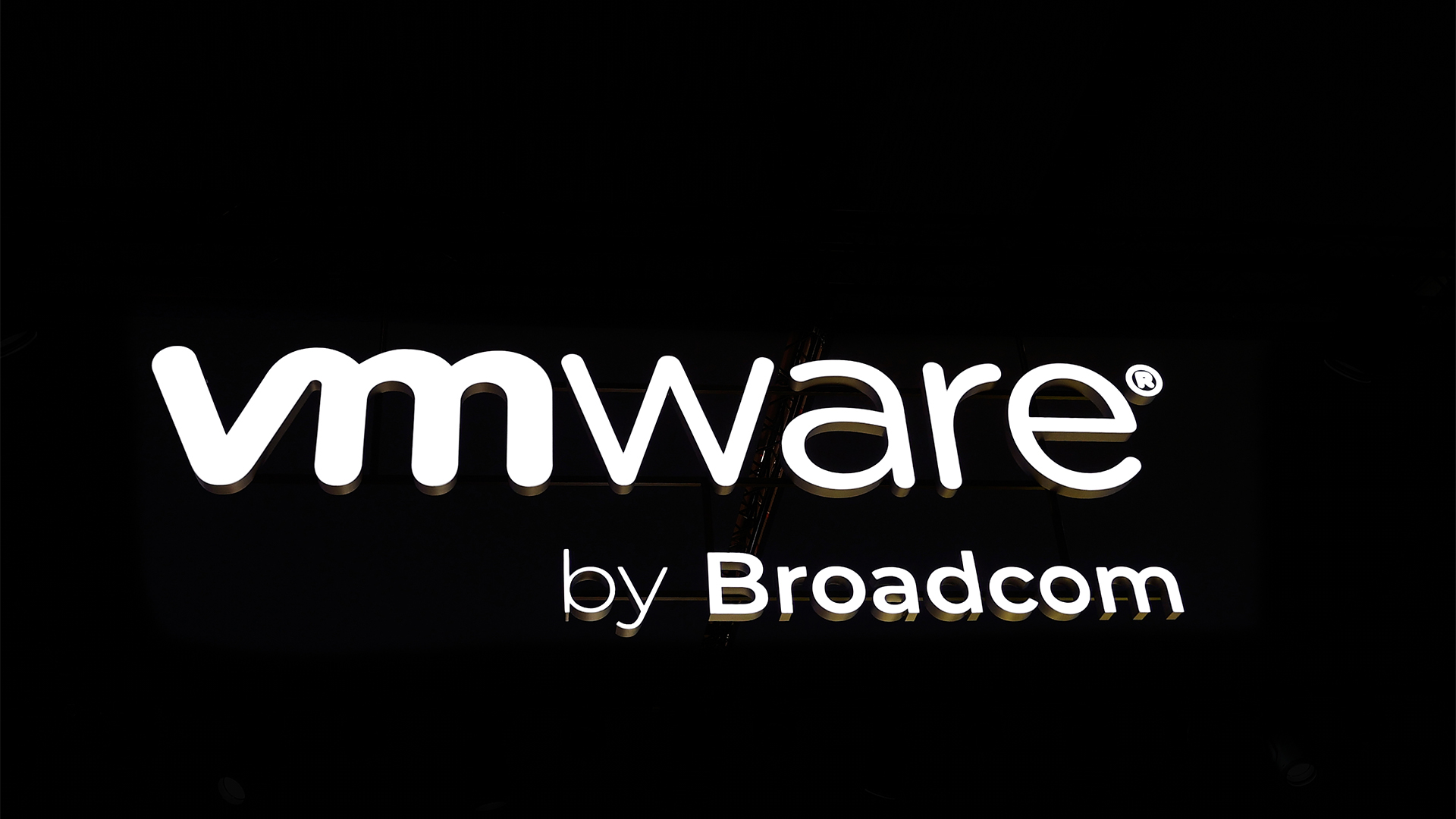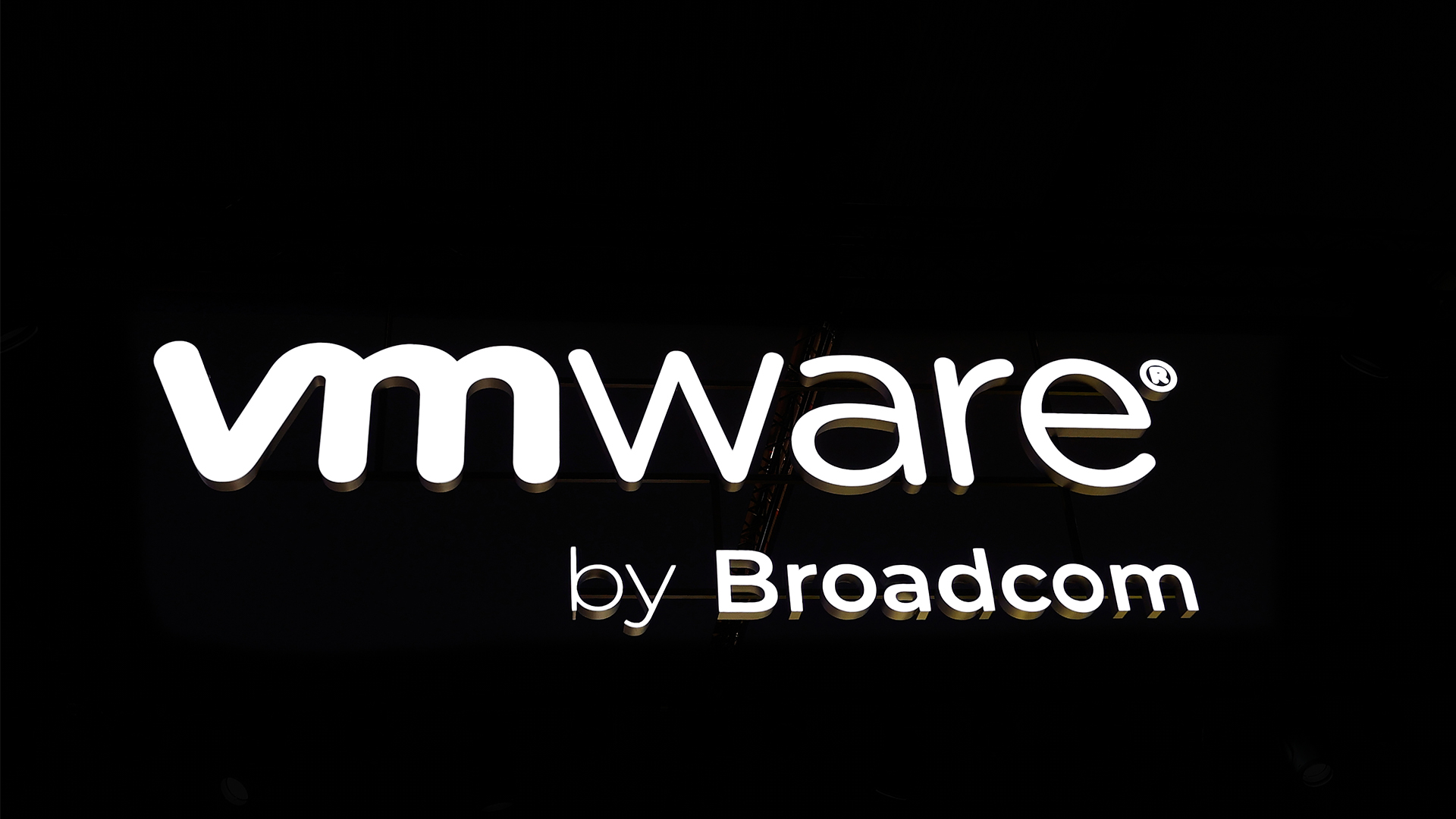Is a VMware exodus looming? Disgruntled customers are actively seeking alternative providers or exploring open source options in the wake of Broadcom’s acquisition
VMware customers say they are seriously considering alternative providers in light of the turbulence and increasing costs that followed its acquisition by Broadcom


VMware customers are becoming increasingly frustrated with uncertainty and spiraling licensing costs, new research suggests, after its acquisition by IT giant Broadcom.
Research from Civo found more than half (51.9%) of VMware customers were considering ditching services after Broadcom finalized its acquisition of the cloud computing and virtualization firm.
After a series of drastic changes to its operating model including the removal of a series of popular licenses and products, 48.7% of VMware customers told Civo they were actively exploring alternative cloud providers.
Two of the top three priorities respondents said they were looking for in a new provider were flexibility and fair and open pricing, as mounting costs and vendor lock-in concerns make VMware an increasingly unappealing value proposition for businesses.
Open source was cited as a popular potential alternative, with 44.8% of current VMware customers stating they were considering migrating to open source solutions.
But businesses do have some concerns around making the switch to open source, Civo found, with 28.6% of respondents noting they were worried about the state of open source security.
A further 23.2% stated the lack of support and service level agreements (SLAs) in the open source ecosystem was another factor preventing them from making the switch.
Sign up today and you will receive a free copy of our Future Focus 2025 report - the leading guidance on AI, cybersecurity and other IT challenges as per 700+ senior executives
Hock Tan, CEO at Broadcom, struck on this point speaking on stage at VMware Explore earlier this month in Las Vegas, declaring “the future is private” and insisting that the changes made at VMware have centered around this mantra.
VMware has had a rocky start to life under Broadcom
Broadcom’s overhaul of VMware’s operating model has caused widespread consternation among customers.
Tan claimed these changes were centered around removing unnecessary complexity, driving down costs, and improving security, positioning VMware’s flagship Cloud Foundation product as the single private cloud platform that businesses need.
But stakeholders have not been so receptive to the changes Broadcom has implemented since taking the reins at VMware.
The Cloud Infrastructure Service Providers in Europe (CISPE) consortium slammed Broadcom, accusing it of “holding the sector to ransom” with its licensing changes.
In March, it called on EU regulators to investigate the changes it had implemented, namely unilaterally canceling license terms for virtualization software many firms rely on, claiming they could “decimate” the region’s cloud infrastructure.
Commenting on the results of its recent study, Henry Godwin, VP of global sales at Civo, said he’s heard widespread complaints among VMware customers, labeling the current situation with ballooning prices untenable.
“We’ve heard from a lot of concerned VMware customers over the previous nine months. Ultimately, businesses want certainty. They cannot continue in a situation where prices are skyrocketing, without any parallel improvement in service,” he reported.
“What we’re beginning to see now is these dissatisfied customers look elsewhere. While open-source solutions have a significant allure due to the predictability in pricing, users also want to receive support, both on-prem and with their migration., Providers must respond to these evolving customer needs by ensuring that they deliver not just on cost, but on security, support, and service reliability.”
ITPro approached Broadcom for comment on Civo’s findings, but did not receive a response.

Solomon Klappholz is a former staff writer for ITPro and ChannelPro. He has experience writing about the technologies that facilitate industrial manufacturing, which led to him developing a particular interest in cybersecurity, IT regulation, industrial infrastructure applications, and machine learning.
-
 I couldn’t escape the iPhone 17 Pro this year – and it’s about time we redefined business phones
I couldn’t escape the iPhone 17 Pro this year – and it’s about time we redefined business phonesOpinion ITPro is back on smartphone reviews, as they grow more and more intertwined with our work-life balance
-
 When everything connects, everything’s at risk
When everything connects, everything’s at riskIndustry Insights Growing IoT complexity demands dynamic, automated security for visibility, compliance, and resilience
-
 VMware partners face more disruption with latest Broadcom changes
VMware partners face more disruption with latest Broadcom changesNews Broadcom’s latest VMware changes mean smaller partners could be pushed out
-
 Helping customers adopt a multi-cloud infrastructure and accelerate their modernization journey
Helping customers adopt a multi-cloud infrastructure and accelerate their modernization journeySponsored Content We outline what shifting to a subscription model means for your business
-
 There’s a ‘cloud reset’ underway, and VMware Cloud Foundation 9.0 is a chance for Broadcom to pounce on it
There’s a ‘cloud reset’ underway, and VMware Cloud Foundation 9.0 is a chance for Broadcom to pounce on itNews With new security features and cost management tools, Broadcom wants to capitalize on surging private cloud adoption rates
-
 Broadcom's 'harsh' VMware contracts are costing customers up to 1,500% more
Broadcom's 'harsh' VMware contracts are costing customers up to 1,500% moreNews An ECCO report says Broadcom hasn't solved customer complaints when it comes to licensing and contracts
-
 Broadcom records huge growth as CEO Hock Tan hails “successful integration” of VMware
Broadcom records huge growth as CEO Hock Tan hails “successful integration” of VMwareAnalysis The VMware acquisition is finally paying dividends for Broadcom
-
 Broadcom EMEA CTO claims the company has been able to solve most of its customer issues following VMware acquisition
Broadcom EMEA CTO claims the company has been able to solve most of its customer issues following VMware acquisitionNews Joe Baguley says the firm has been walking customers through license changes and explaining the value of VMware
-
 Cloud repatriation may be nipping at hyperscaler market share, but it’s a boon for VMware
Cloud repatriation may be nipping at hyperscaler market share, but it’s a boon for VMwareNews The firm’s private cloud offerings put it in a strong position to aid customers moving workloads out of the public cloud – but repatriation can’t be the only conversation
-
 VMware Explore 2024 live: All the news and updates as they happen
VMware Explore 2024 live: All the news and updates as they happenLive Blog ITPro is live on the ground in Barcelona for VMware Explore 2024 – keep tabs on all the news, updates, and announcements in our rolling coverage